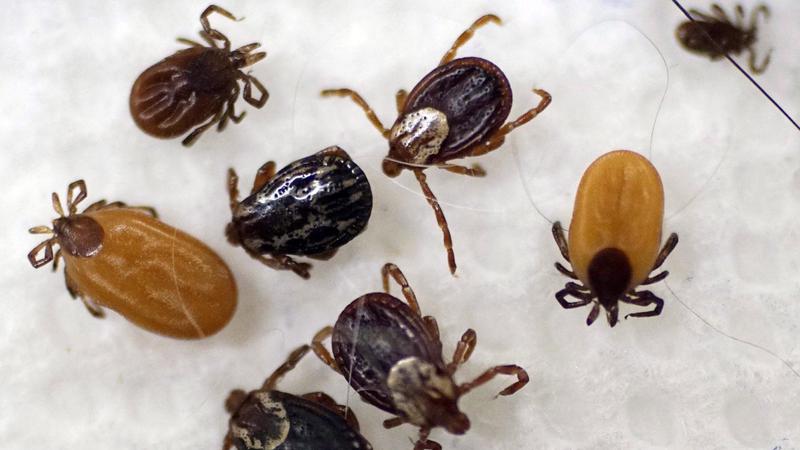
Canadians heading outdoors this summer are urged to look out for ticks
HALIFAX – Hikers in the forest and other outdoor activities are advised to be careful and watch out for ticks across the country.
The tick season extends from spring to late fall, warns the Nature Conservancy of Canada. These insects can transmit various infections, including Lyme disease.
Nature Conservancy of Canada Regional Vice President Atlantic, John Foley, says ticks are becoming more common in all of the Maritime provinces, as in most other provinces except from Saskatchewan.
According to Mr. Foley, the warming climate has led several species of ticks to migrate from the United States to Canada and to adapt to more northern temperatures.


